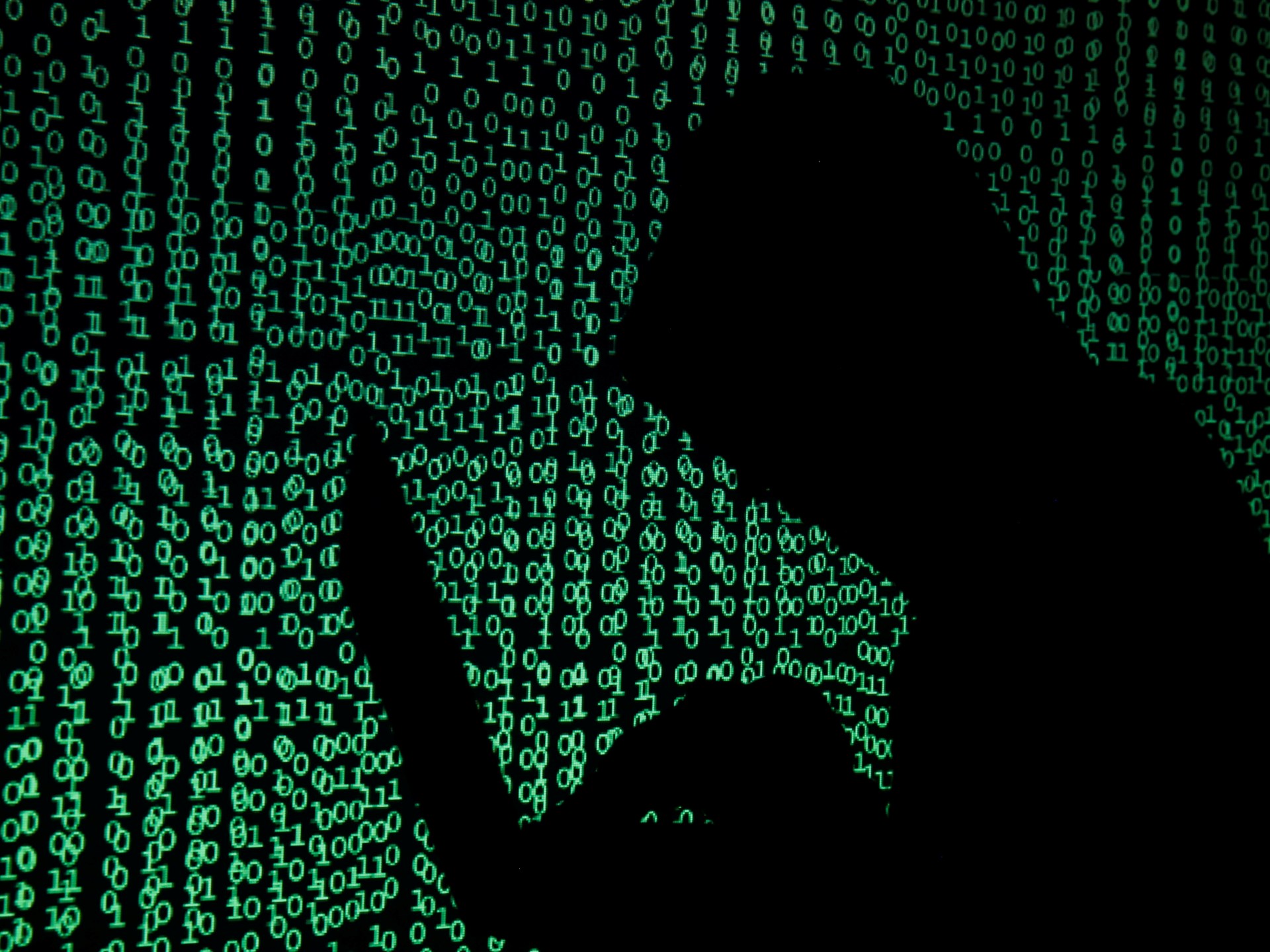London arrested a person on charges of spying on parliamentarians and providing information to China (Reuters)
London -
The espionage war between London and Beijing is raging, entering a new phase, moving from a war of statements to imposing sanctions, after the British government announced the imposition of sanctions on Chinese citizens and a Chinese institution working in the field of digital security.
This is the first time that London has imposed sanctions on Chinese figures on charges of espionage and cyberattacks targeting the British electoral system.
The Chinese response came quickly through a statement from the Chinese embassy in London, which denied all these accusations and described them as “fabricated and malicious fabrications,” calling on the British government to stop this “tendentious propaganda.” The “angry” statement confirmed that Beijing would resort to legal means to respond to these accusations.
British intelligence warned British parliamentarians of the possibility of being exposed to a Chinese hacking attempt (Anatolia)
Hot events
It does not seem that matters between the two countries will stop there. Rather, all indications indicate that the espionage war between them will intensify, especially with the pressure being exerted on British Prime Minister Rishi Sunak to impose stronger sanctions on China.
Recent months have witnessed heated events between Beijing and London, reminiscent of the atmosphere of the Cold War, with the announcement of the arrest of spies and agents serving either China or Britain.
After the British Intelligence Bureau (MI6) announced the arrest of a person on charges of spying on parliamentarians and providing information to China, Beijing in turn responded by arresting a person and charging him with working and communicating with this office, a charge that London denies.
For some time now, the British intelligence services have not stopped issuing warning statements about what they call Chinese attempts to penetrate the British political system and spy on parliamentarians, especially in the Foreign Affairs Committee and the Elections Committee in Parliament, to influence the British elections.
It has also previously issued a warning to a number of British parliamentarians that they may be victims of a Chinese hacking attempt, while China denies - every time - these charges and considers them malicious propaganda against it and is required to provide evidence of them.
Case of "sinophobia"
On the other hand, the British government is moving to change its description of China from a country that “poses a challenge” to a “country that poses a threat” to the British economy, with the implication of this description of raising the state of security alert in dealing with everything that is Chinese.
British professor Taher Abbas, senior researcher on security and terrorism affairs at the Institute for Security and Public Affairs, downplays the value of the British charges against China.
He told Al Jazeera Net that what happened in the past makes Britain very cautious when any election date approaches, "after it became clear that there was Russian interference in the Brexit referendum, and in the American elections in which former President Donald Trump won. Therefore, the closer the election date approaches, the greater the intensity of caution."
The security expert considered that the accusation of espionage against China “is fueled by a conspiracy theory, because there is no reason for Beijing to spy on Britain, because it does everything better than London,” citing the volume of trade exchanges between the two countries, “as the trade deficit is in favor of China and not Britain.” ".
The British academic diagnosed what his country is doing towards China as a psychological factor, and said, “There is a kind of phobia of Beijing, or what I call Sinophobia,” adding that these accusations are fueled by “theories of Orientalism and hostility toward foreigners rather than being of concern to an institution.”
He expected that news of Chinese spying on Britain would increase as the general elections approached, “because they are tempting stories, and they provoke major party donors to provide more financial aid.” He concluded by saying that the Western democratic system “suffers from failure and has become mired in corruption, and does not need any party to influence it.” on him".
Digital influence struggle
For his part, Amir Al-Namrat, head of the Department of Information Security and Artificial Intelligence at the University of East London, describes China's technical capabilities as huge. He said in his interview with Al Jazeera Net that "Beijing has the technical and human capabilities to carry out espionage campaigns on other countries, and the opposite is also true for Britain."
He explained that some countries “use specific hacking groups to carry out espionage missions, or what are called Advance Persistent Threats (APT).
Amir Al-Namrat revealed, “There are approximately more than 380 known groups belonging to multiple countries in the world, and what is known to experts and researchers in cybersecurity is that there are more than 20 groups such as “APt40” or “APt41.” (APT41) operates from China.
He added that some of these groups specialize in spying campaigns on infrastructure and the shipping or aviation sector, while other groups specialize in targeting politicians, parliamentarians, or influential people.
From a technical standpoint, expert Amir Al-Namrat confirmed that it is possible to track a specific activity and determine its source, or any APT attack, and from any country, because these groups have a specific profile or behavior through what are called “attacks vectors.” Viruses and their complexity, or some software known to everyone or others unknown to the public.
He explained what is happening between China and Britain by the nature of the economic and political competition between major countries that makes this possibility possible when it comes to cyberspace, as countries try to dominate or have the upper hand in controlling what is called “disruptive technology” such as artificial intelligence and cybersecurity. And the electronic chip war.
Source: Al Jazeera

